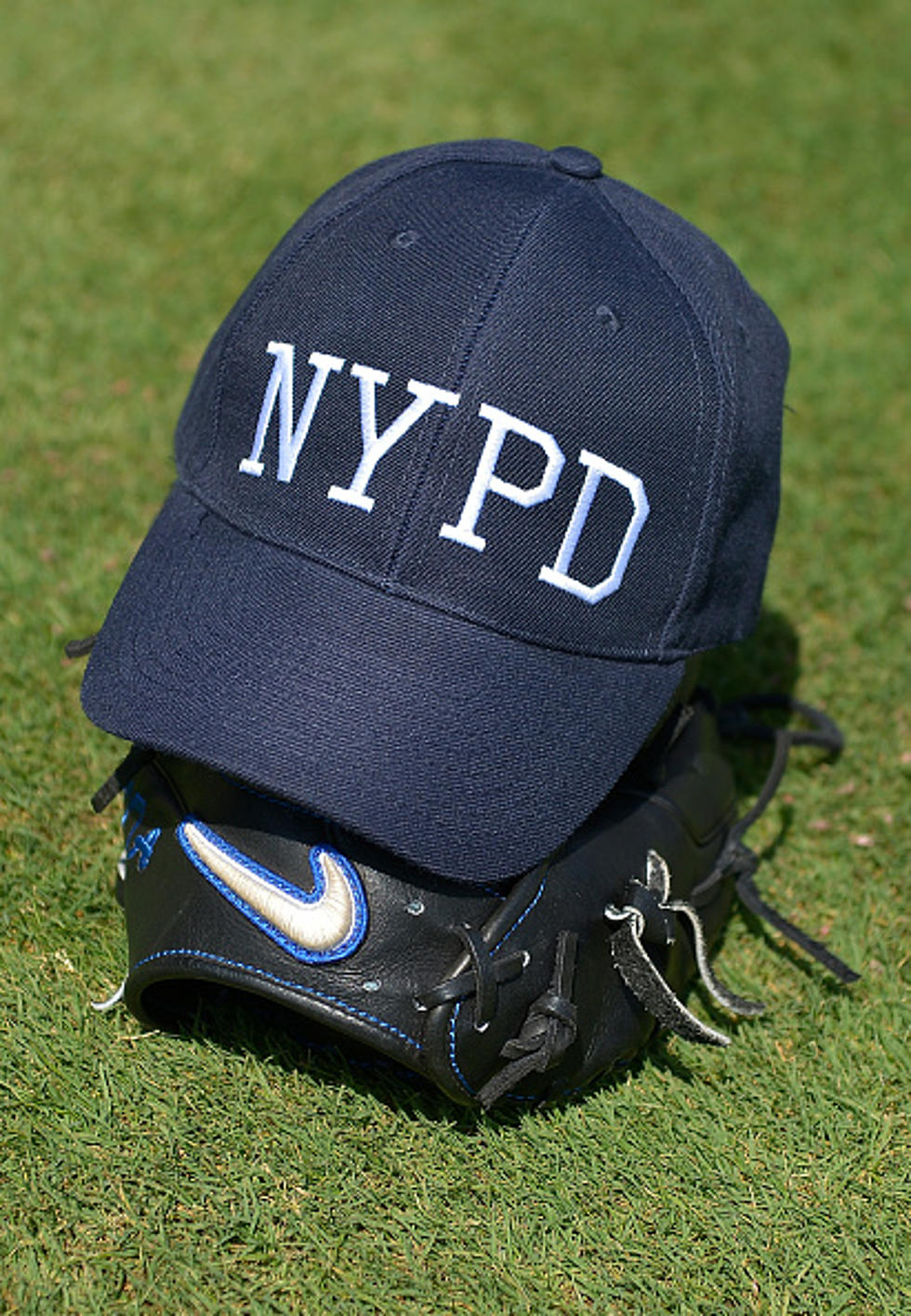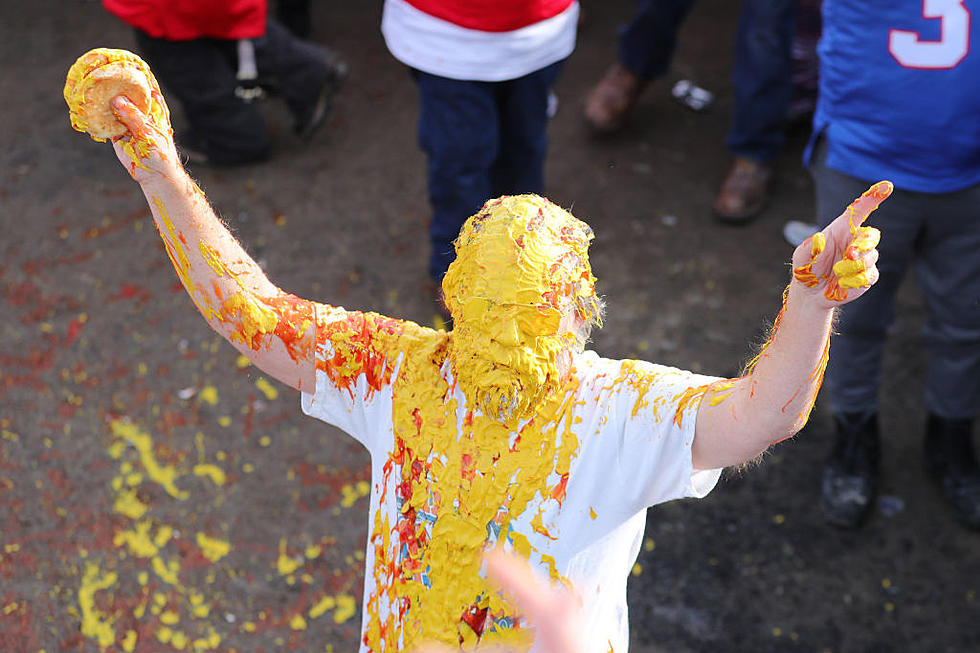
Toby Keith’s ‘American Soldier': More Than a Post-9/11 Show of Patriotism
Two decades later, early-aughts hits “Courtesy of the Red, White and Blue (The Angry American)” and “American Soldier” still shape positive and negative perceptions of Toby Keith’s 25-year mainstream career. While the former’s reactionary lyrics timestamp it as a product of post-9/11 anger, the latter deserves further consideration as an example of how country music storytelling often champions the extraordinary sacrifices of ordinary people.
To put this comparison of two of Keith’s better-known singles into an historic context, consider the 2002 hit “Courtesy of the Red, White and Blue” as part of the same politicized tradition that brought us Denver Darling’s 1942 recording of “Cowards Over Pearl Harbor." Reliance on newspaper headlines swiftly turned both songs into examples of how war inspires saber-rattling rallying cries from popular musicians.
According to Keith, an overheard TV news conversation at the gym shortly after the Sept. 11, 2001, attacks inspired "Courtesy of the Red, White and Blue": "I heard these talking heads say, 'Well, I guess we could bomb them. That would be so the American way,'" he recalls, "and I was like, 'What just happened to us? Are we supposed to just stand by and let this happen? Could we not be mad as hell about this?'"
Keith says the song, penned "on the back of a Fantasy Football sheet that was laying there," took him about 20 minutes to write. A Marines commander who heard the song during a performance at the Pentagon told Keith he thought it should be a single, calling it, the artist says, "the most amazing battle song I’ve ever heard in my life."
"I knew it was going to cause a storm," Keith admits. "But at the end of the day, I was like, 'If it means that much to those guys, then I don’t care. I’ll do it.'"
By 2003, however, meeting troops on USO Tours and, likely, witnessing the widespread impact of Alan Jackson’s sentimental “Where Were You (When the World Stopped Turning)” shaped Keith’s other musical response to the war on terror, “American Soldier.” Its lyrics looked to individual bravery, not a domestic attack, to celebrate the men and women who’ve left their hometowns and loved ones for the same sense of duty that’s driven soldiers for generations.
"Since "Courtesy of the Red, White and Blue," the POWs and the families and stuff that have come and brought me back my old CD covers and stuff that they had and shown how much support they had," Keith says, "and this is my support for the American fighting men and women."
Empathy for soldiers as people -- as common as your friends and family yet capable of uncommon valor -- makes for potentially timeless songs. Going back to the music of World War II, the pop standard “I’ll Be Home for Christmas” was written with soldiers separated from their sweethearts in mind. The narrator of the Jimmy Webb-penned Glen Campbell hit “Galveston” faced similar heartbreak in Vietnam. Keith continued this lineage of timeless war songs about soldiers’ everyday struggles with a hit that, in retrospect, should transcend differing opinions about politics or country music.
"American Soldier" reached No. 1 on Feb. 21, 2004, and retained the top spot for four weeks. It was the 13th of Keith's 20 (thus far) No. 1 singles, and the third chart-topper off his 2003 album Shock'n Y'all.
PICS: Country Artists Wearing the American Flag
WATCH: Unforgettable Country Music Military Moments
More From 107.7 WGNA



![Tim McGraw Soars on George Strait’s ‘You Look So Good in Love’ [Watch]](http://townsquare.media/site/204/files/2021/09/attachment-tim-mcgraw-you-look-so-good-in-love-george-strait-cover.jpg?w=980&q=75)






